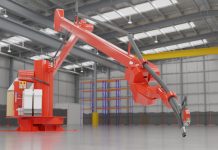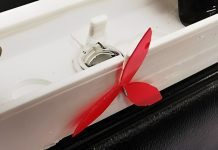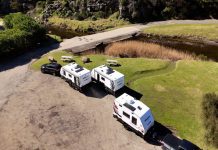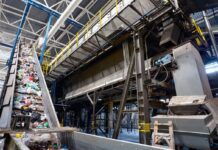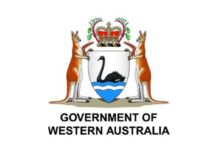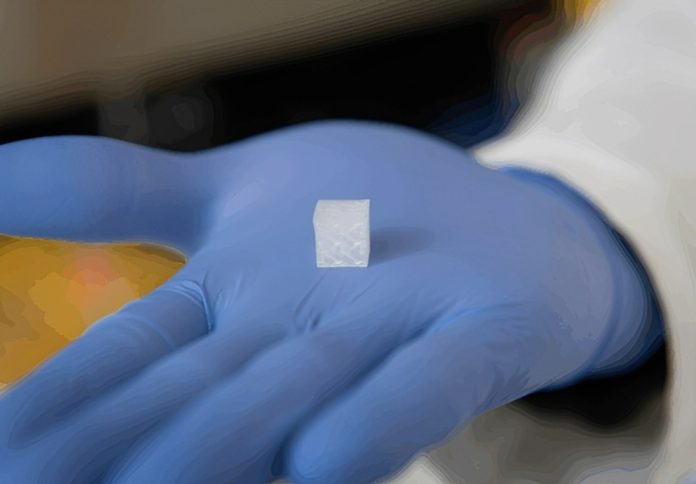
A new investigation sponsored by the ISS National Laboratory will test whether microgravity can improve the development of 3D bioprinted liver tissue, with the goal of advancing regenerative medicine and future biomanufacturing.
The project, led by the Wake Forest Institute for Regenerative Medicine (WFIRM), will launch aboard SpaceX’s 33rd Commercial Resupply Services mission to the International Space Station (ISS), as revealed in a news release.
Researchers will evaluate how microgravity affects the maturation of 3D bioprinted liver tissue constructs complete with vascular channels, which are essential for oxygen and nutrient delivery.
The ISS National Lab said the study highlights how the unique space environment can unlock new approaches in manufacturing, particularly in developing tissue constructs that remain viable for longer periods compared to Earth-based conditions.
WFIRM has previously created vascularised liver tissue that survived up to 30 days in laboratories on Earth, but scaling up such constructs remains difficult due to challenges in maintaining sufficient blood vessel networks.
According to ISS National Lab, by sending the experiment to orbit, researchers hope to overcome these limitations and discover whether microgravity can enhance the stability and functionality of engineered tissues.
“This collaborative investigation has the potential to yield remarkable results,” said James Yoo, professor at WFIRM and principal investigator for the project.
“By leveraging bioprinting technologies, we’ve created gel-like frameworks with channels for oxygen and nutrient flow that mimic natural blood vessels, opening up new possibilities for medical treatments both on Earth and in space.”
ISS National Lab said the experiment will be conducted using Redwire Space’s Multi-Use Variable-Gravity Platform aboard the ISS.
It noted that findings could inform future manufacturing of functional tissue and potentially entire organs in space, with applications for both patient treatment and scientific research.
According to the organisation, the research builds on the teams’ success in NASA’s Vascular Tissue Challenge, a prize competition designed to accelerate tissue engineering breakthroughs.
Team Winston, one of the WFIRM groups, will be the first to test their 3D bioprinted constructs in space. The team will assess how liver and vascular cells within the constructs behave in microgravity, including whether vascular cells properly line the engineered blood vessel walls.
The Vascular Tissue Challenge was managed by NASA in partnership with the Methuselah Foundation’s New Organ Alliance, with support from experts at the National Institutes of Health, the ISS National Lab, and leading academic institutions.
“By collaborating with NASA and the ISS National Lab to accelerate innovation, we’re not only improving human health on Earth but also preparing for the challenges of space exploration and bolstering the future space industry,” said David Gobel, co-founder and chief executive officer of the Methuselah Foundation.


